
Parts of speech
Understanding parts of speech is important because it helps us build correct sentences, understand and learn new words faster, use grammar rules correctly and express ideas clearly.
Table of Contents
1.Nouns
1.1Countable Nouns
A noun can be countable. A countable noun can be singular(one) or plural (two and more). We can use numbers (one, two, three etc) with countable nouns.
| Singular | Plural | Example |
|---|---|---|
| a banana | bananas | I eat a banana every day. I eat 2 bananas every day. |
| a song | songs | It is a nice song. My sister sings nice songs every day. |
| a cup | cups | Can you give me a cup? We need 5 cups for our guests. |
| a dog | dogs | It is a clever dog. Dogs are clever animals. |
| a student | students | He is a hardworking student. Students learn hard. |
 Practice Examples
Practice Examples
Apple – Juice → _____ .
Car – Traffic → _____ .
Chair – Furniture → _____ .
1.2Uncountable Nouns
A noun can be uncountable. An uncountable noun has only one form. There is no plural. We cannot use numbers (one, two, three etc) with uncountable nouns.
| Uncountable Noun | No Plural | Example |
|---|---|---|
| rice | I like rice. I eat rice every day. |
|
| music | I like music. I listen to different music every day. |
|
| butter | Butter is not very expensive in Italy. I don't eat butter every morning. |
|
| electricity | All people use electricity nowadays. Is electricity expensive? |
|
| meat | A vegetarian is a person who doesn’t eat meat. I buy meat every week. |
 Practice Examples
Practice Examples
Apple – Juice → _____ .
Car – Traffic → _____ .
Chair – Furniture → _____ .
1.3Proper nouns
Proper nouns are names for people, places and languages.
| Proper noun | Picture | Example 2 | picture 2 |
|---|---|---|---|
| Effiel Tower |  |
Taj Mahal |  |
| United Kingdom | 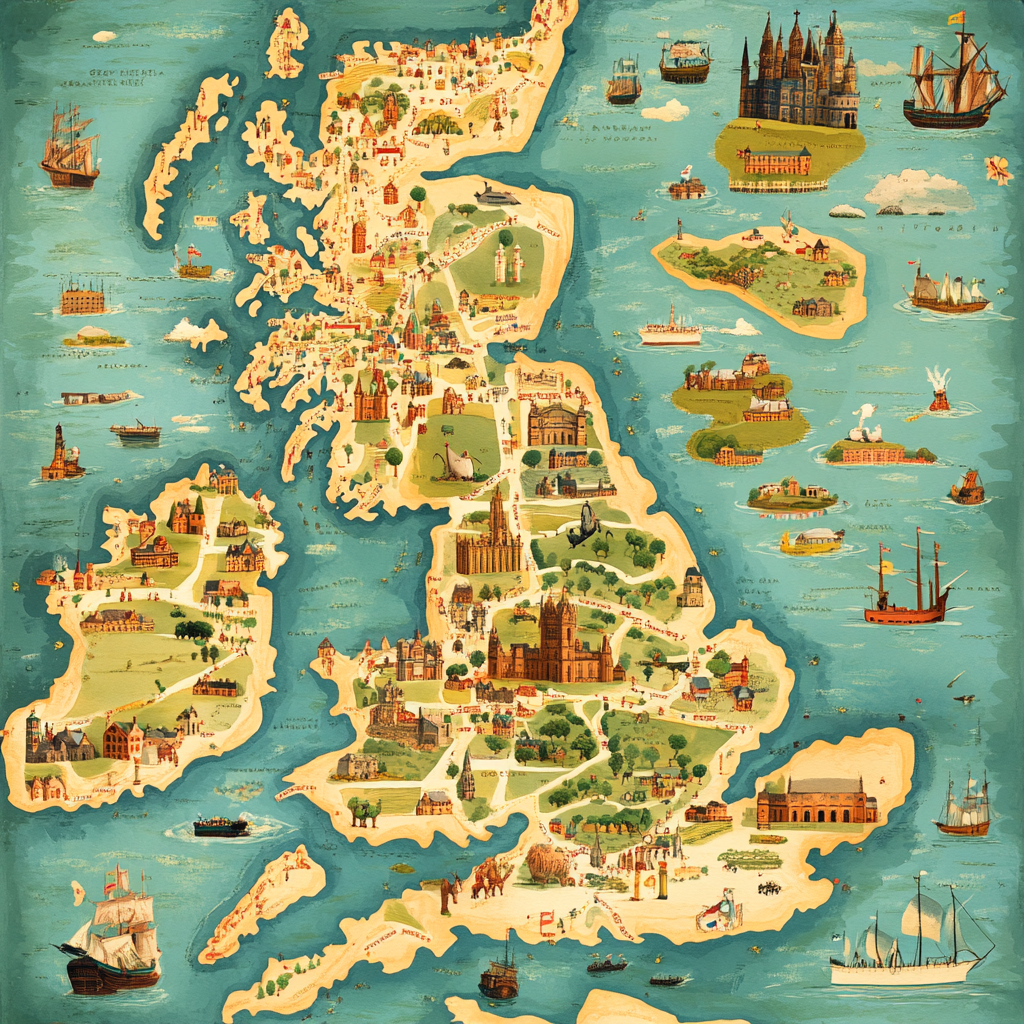 |
North America |  |
| John | 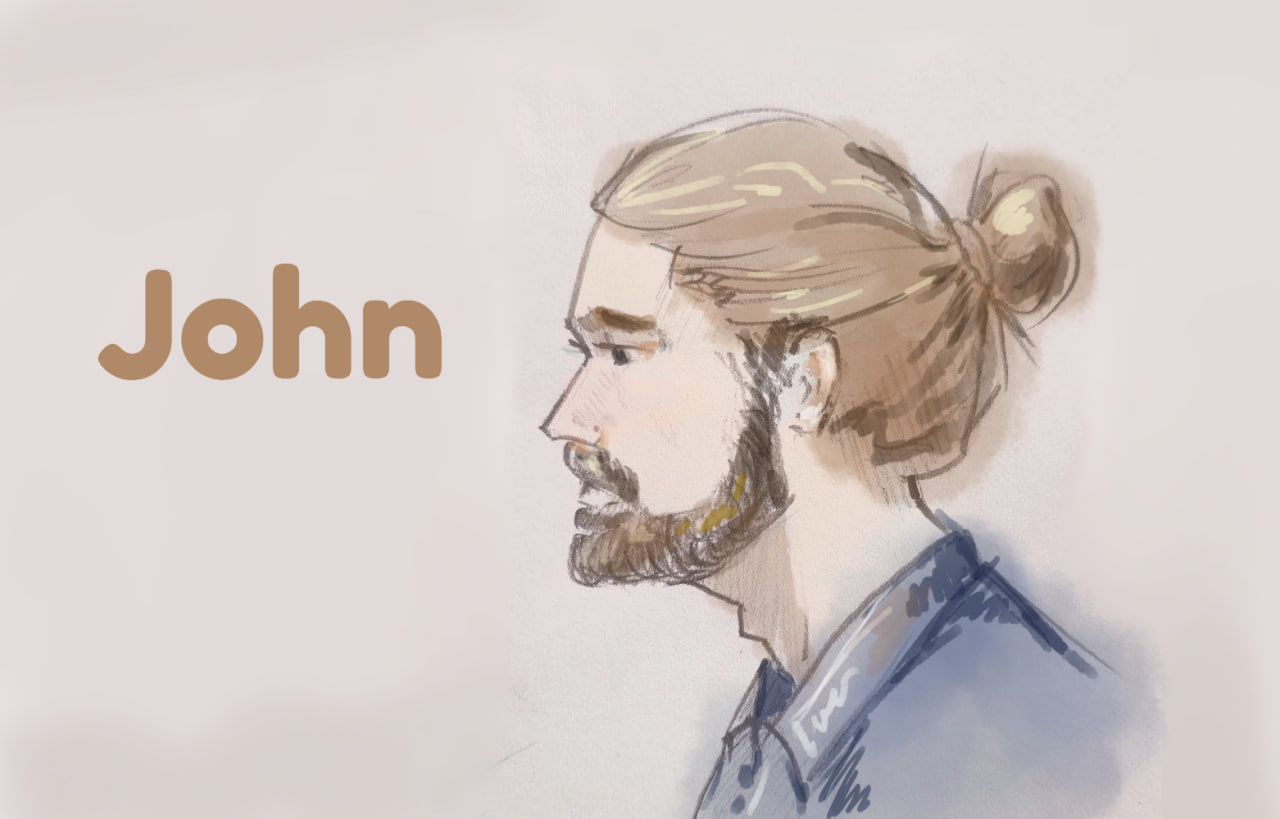 |
Mark | 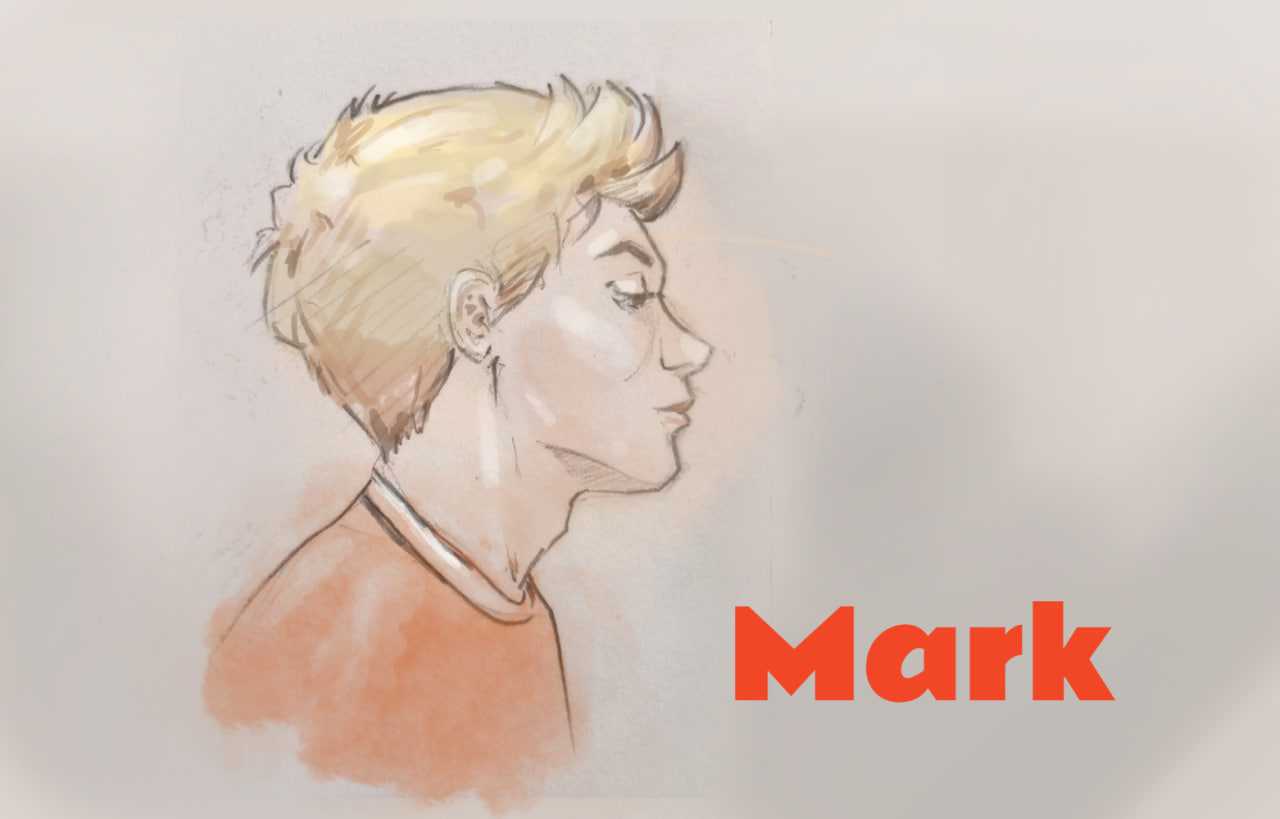 |
 Practice Examples
Practice Examples
John likes to speak with Anna. _____ , _____ .
Sarah lives in London with her cat. _____ , _____ .
Mike goes to school in New York. _____ , _____ .
1.4Common nouns
A common noun is a general word for something, not a specific name (for people, places, things, or ideas.)
| example | Picture | Picture 2 |
|---|---|---|
| table | 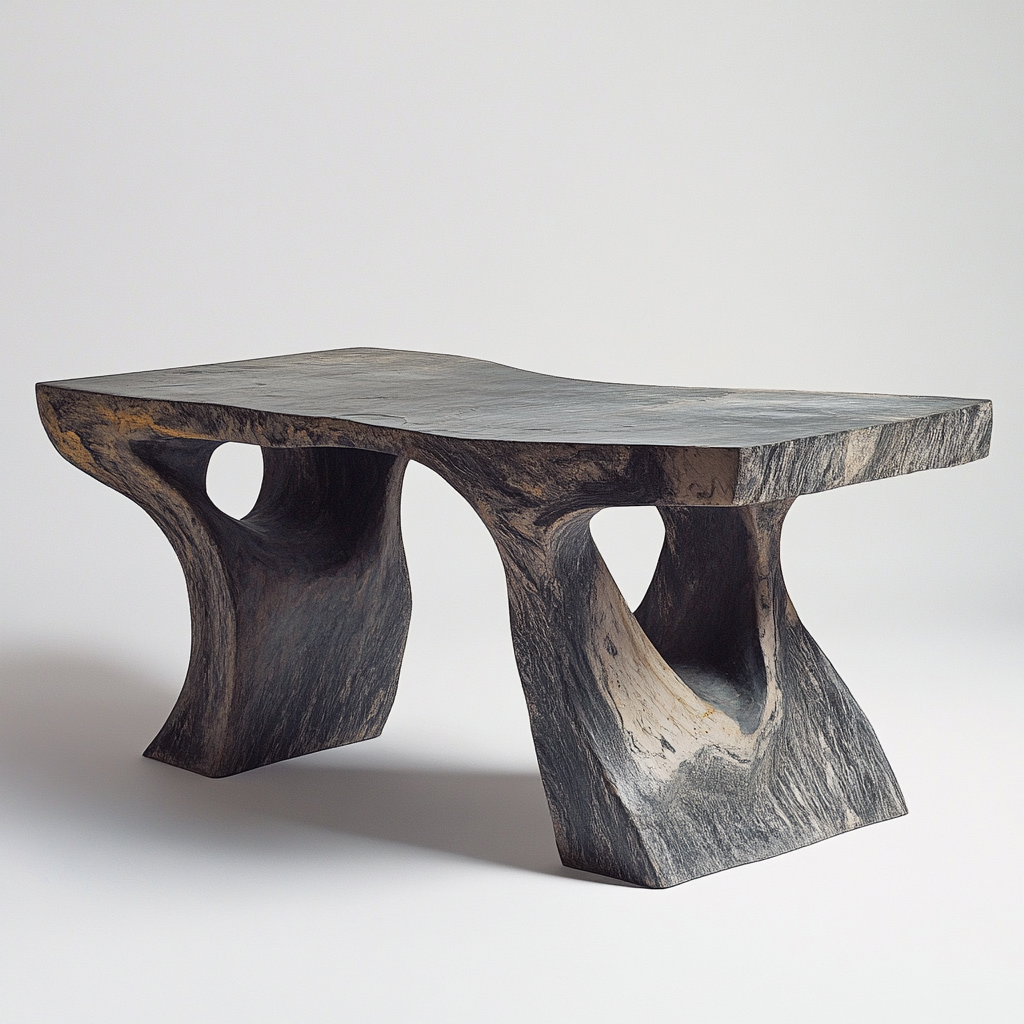 |
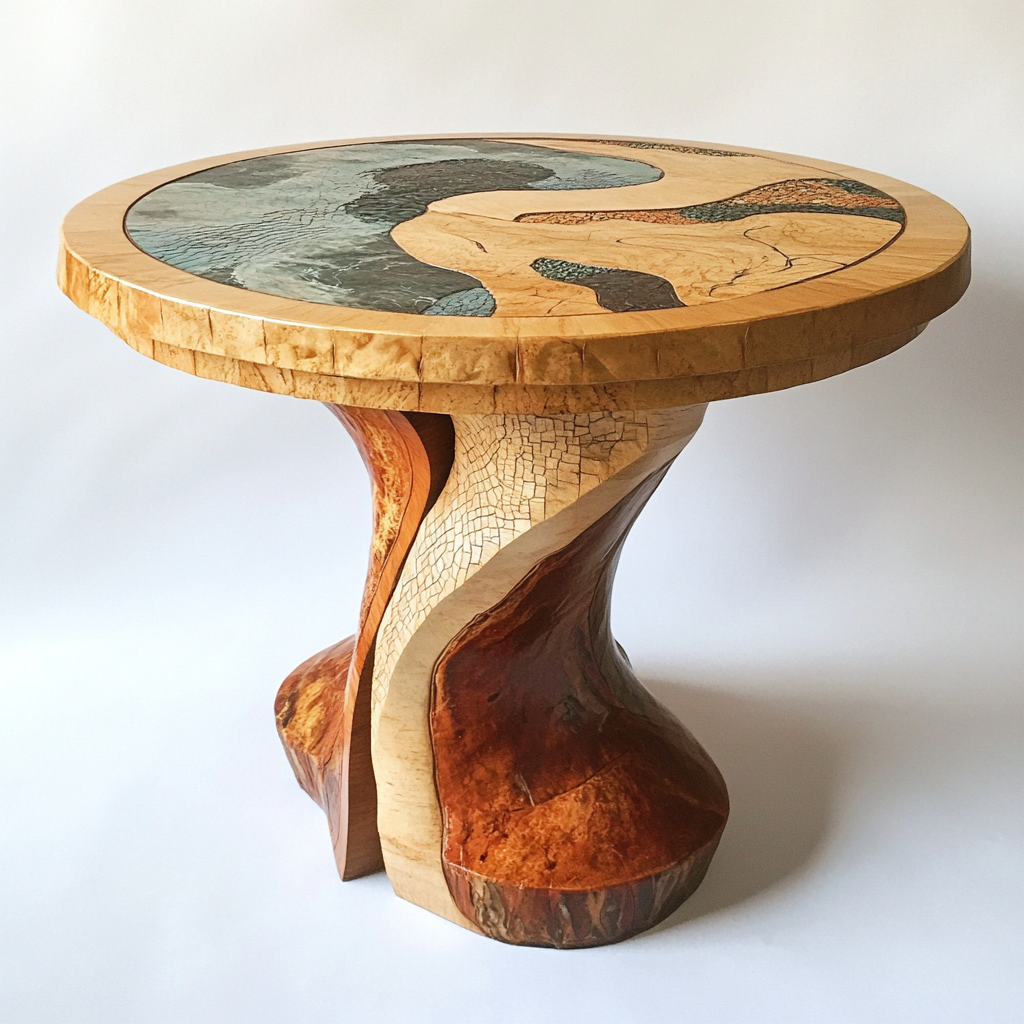 |
| person |  |
 |
| water | 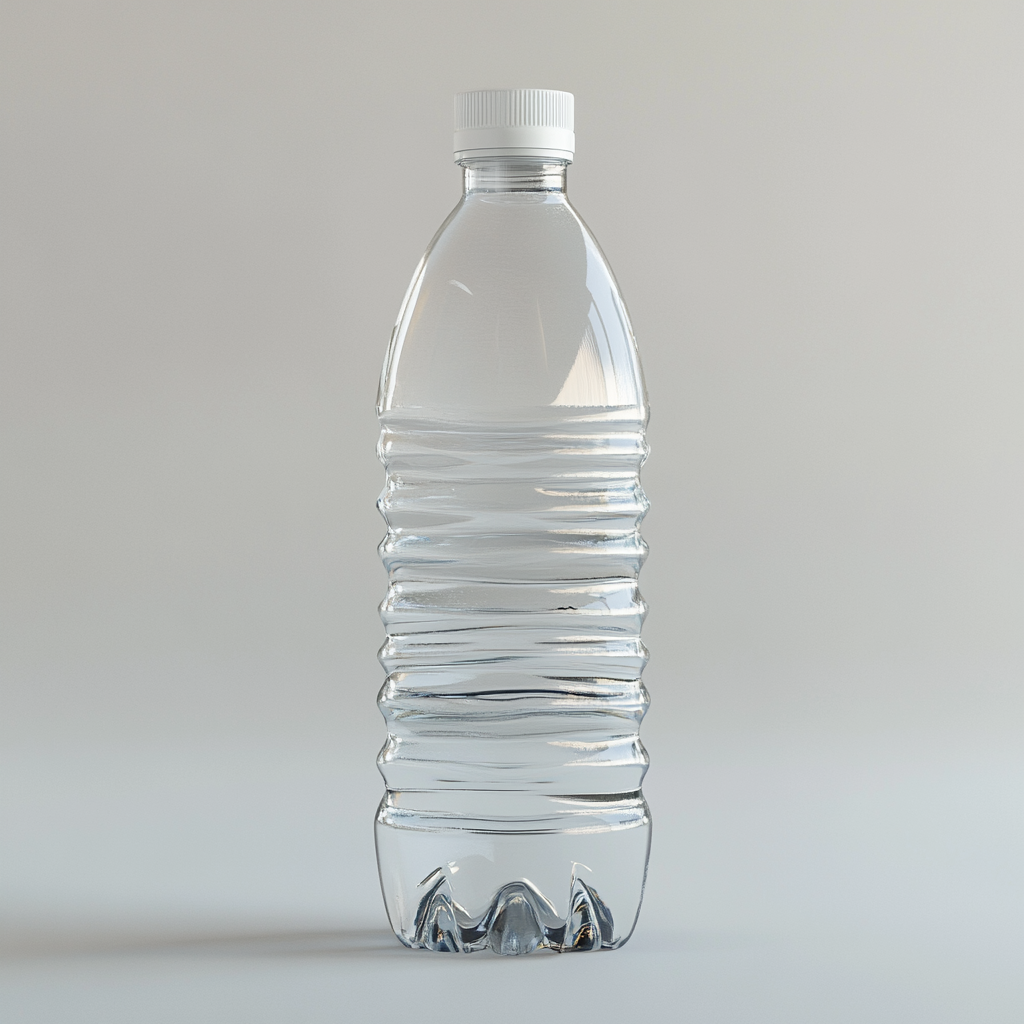 |
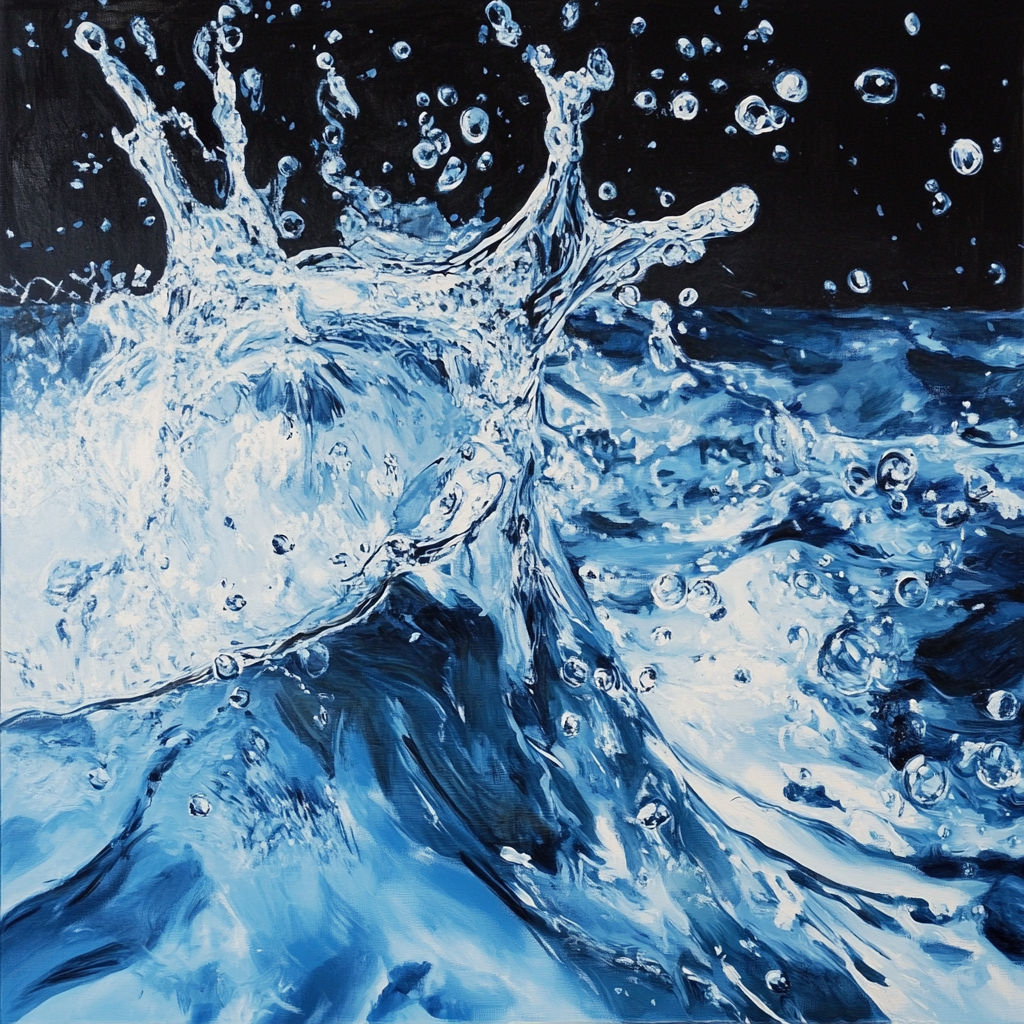 |
 Practice Examples
Practice Examples
The pretty dog likes to bark. _____ .
The big сat jumps over the fence. _____ , _____ .
My little sister plays with toys. _____ , _____ .
2.Subject Pronouns
2.1Singular subject pronouns
Singular subject pronouns replace singular nouns and act as the subject of a sentence. They are used to refer to people, things and animals, without saying their name.
| Singular(one person/thing) Pronoun | Explanation | Example |
|---|---|---|
| I (First Person) |
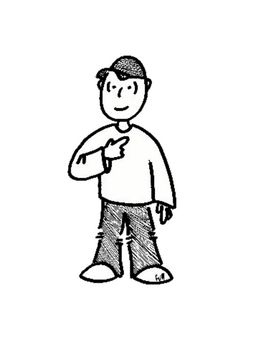 |
I like pizza. (I replaces my name.) |
| You (Second Person) |
 |
You are my friend. (You replaces the person's name.) |
| He (Third Person Masculine) |
 |
He plays soccer. (He replaces John.) |
| She (Third Person Feminine) |
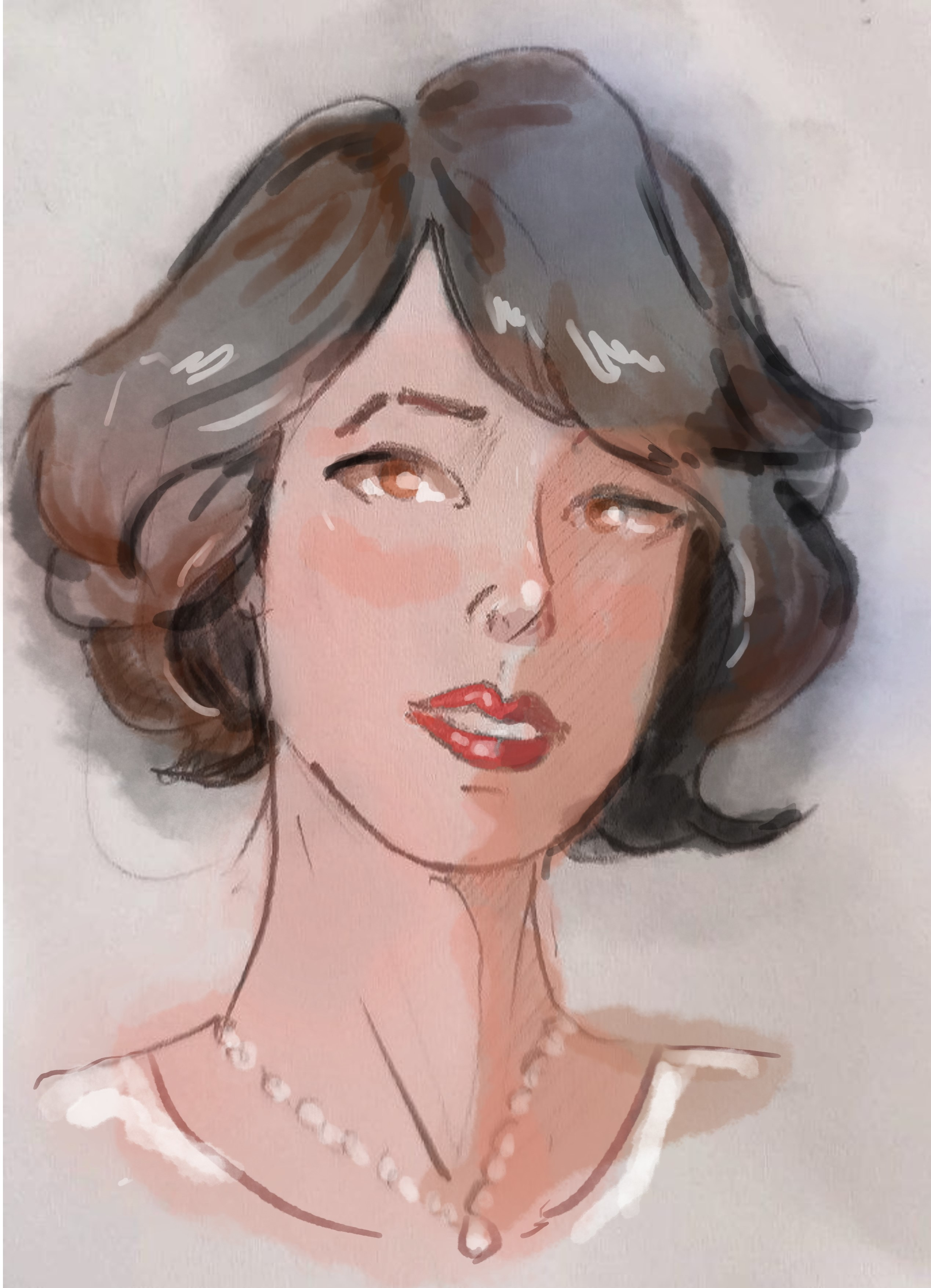 |
She is beautiful! (She replaces the beautiful lady.) |
| It(animal) (Third Person Neuter) |
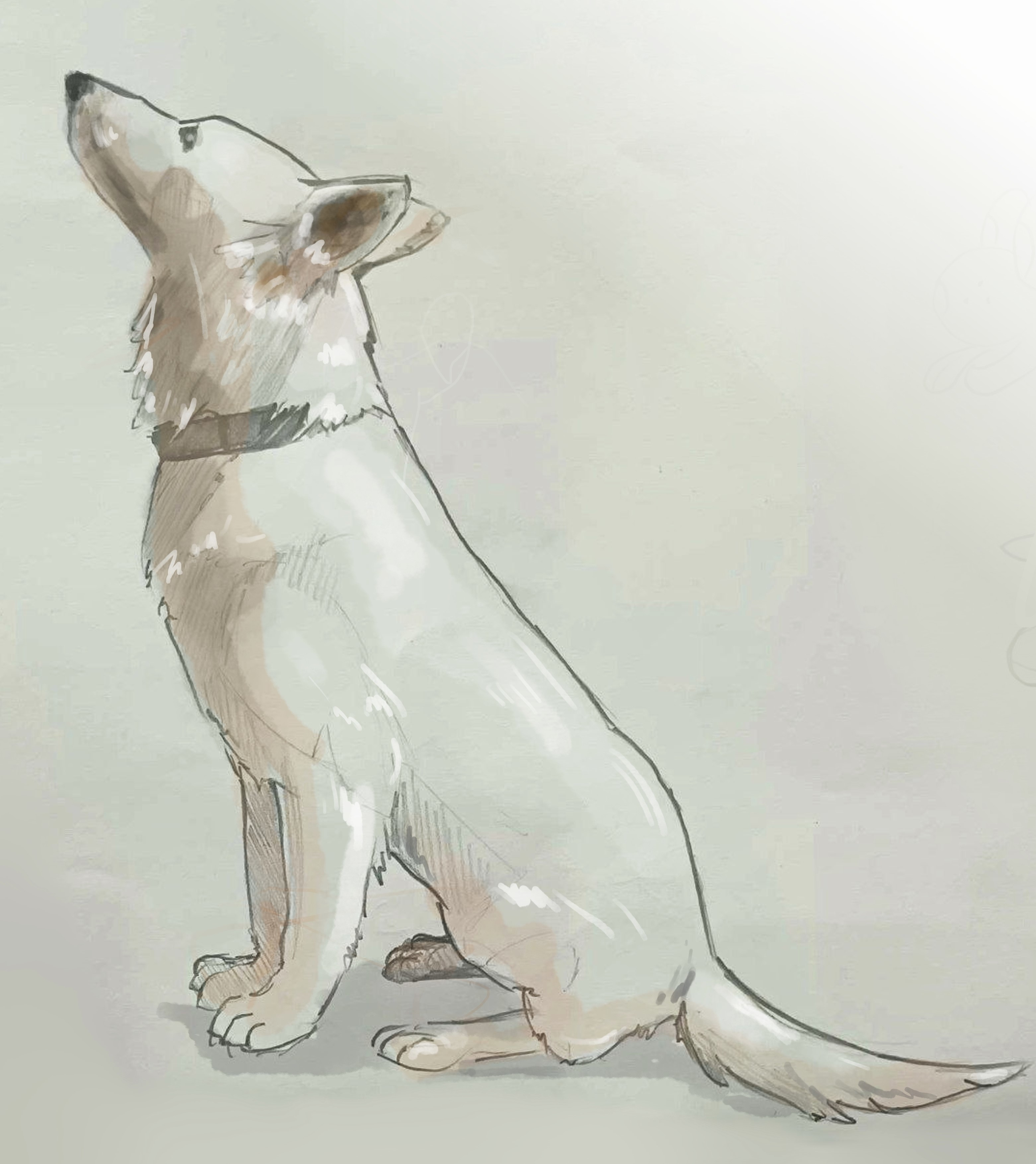 |
It is hungry. (It replaces the dog.) |
| It(object) |  |
It is very expensive. (It replaces the table.) |
 Practice Examples
Practice Examples
She loves reading books in the park. _____ .
My friends and I are at home. _____ .
He walks to school in the morning. _____ .
2.2Plural subject pronouns
Plural subject pronouns replace plural nouns and act as the subject of a sentence. These pronouns refer to more than one person or thing.
| Plural (two or more people/things) Pronoun | Explanation | Example |
|---|---|---|
| We (First Person) |
 |
We are happy. (We replaces My friends and I.) |
| You (Second Person) |
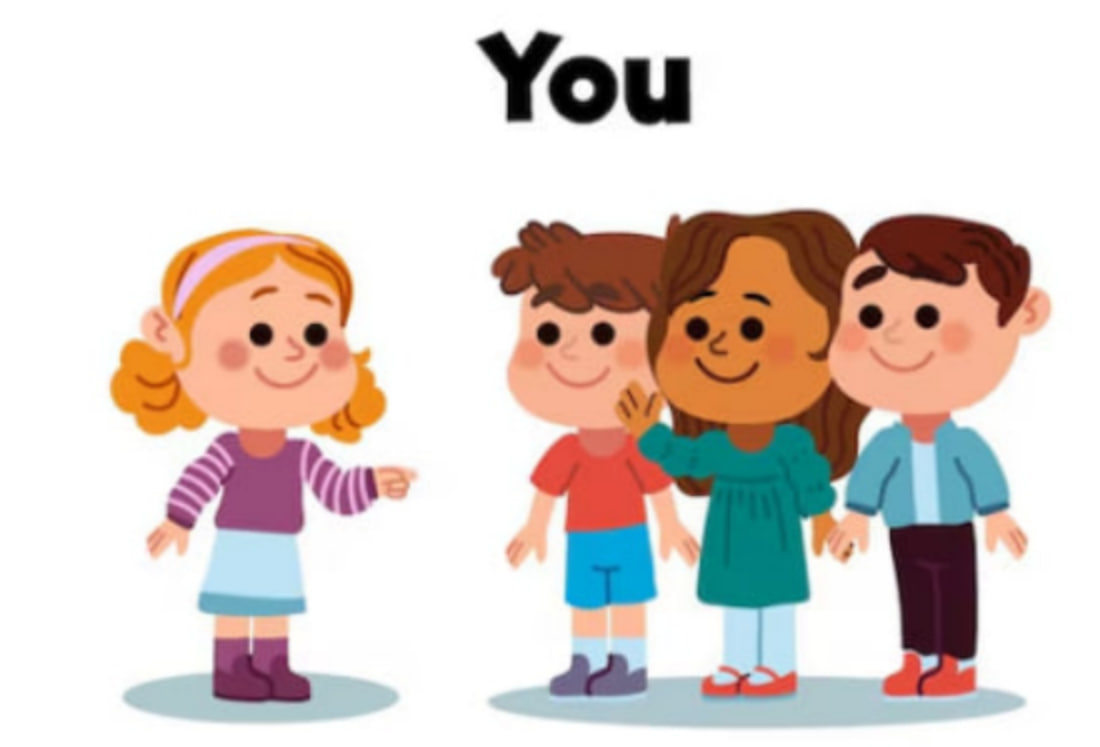 |
You are my friends. (You replaces Three people.) |
| They (Third Person) |
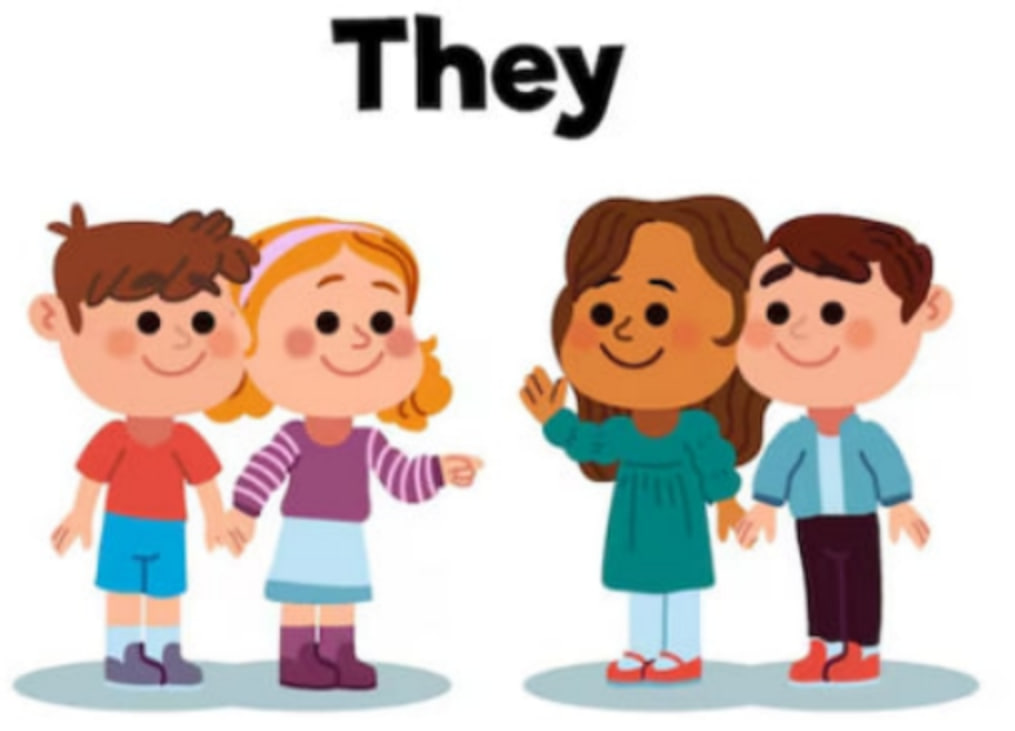 |
They are very nice. (They replaces The boy and the girl.) |
 Practice Examples
Practice Examples
They play football every weekend. _____ .
We enjoy watching movies together. _____ .
We study hard every day. _____ .
3.Verbs
3.1Verbs
A verb is a word that describes an action (something you do) or a state (how someone or something is or feels.
Verbs are important in every sentence.
| Action | picture |
|---|---|
| run | 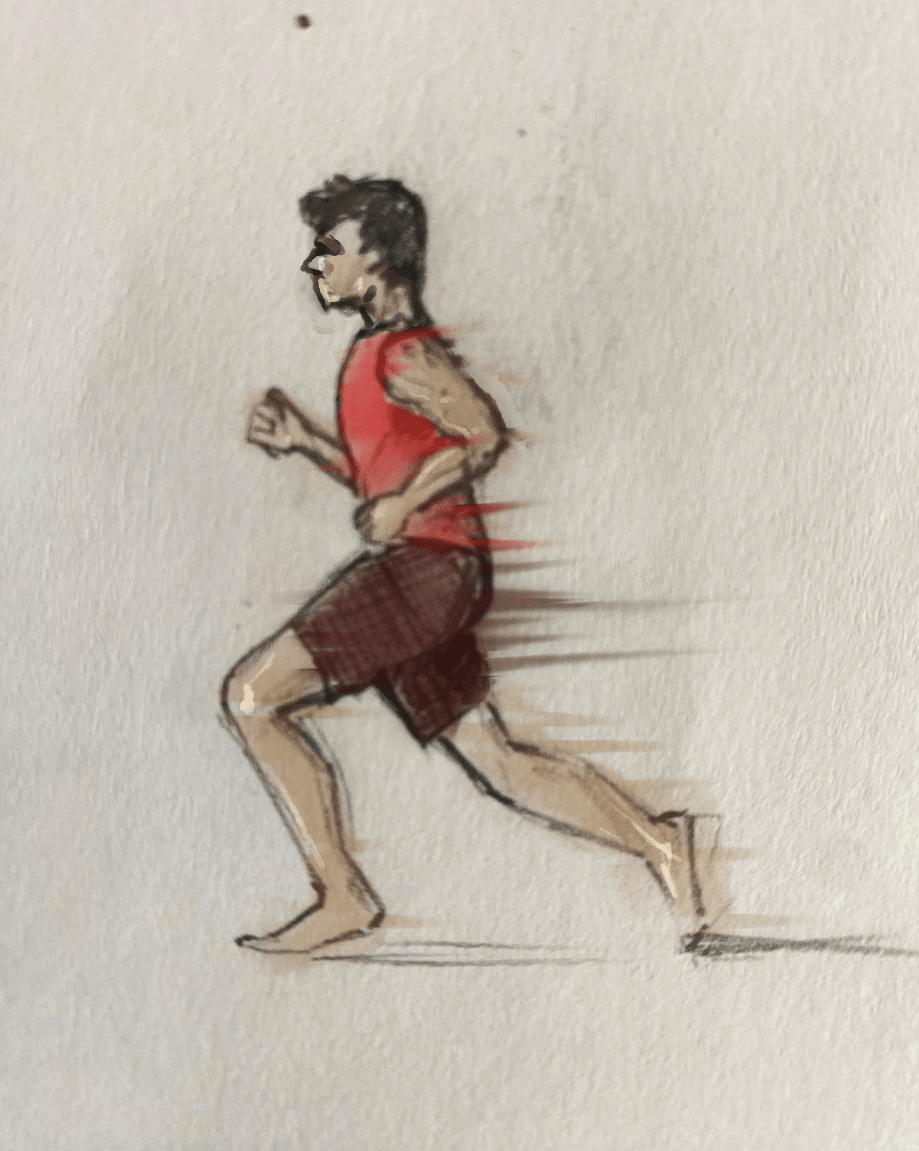 |
| speak |  |
| eat |  |
| call |  |
 Practice Examples
Practice Examples
John likes to speak with Anna. _____ , _____ .
The small cat sleeps on the soft bed. _____ .
Mary reads interesting books. _____ .
4.Articles
4.1Indefinite Article
The indefinite articles are "a" and "an". They are used when we talk about something general or not specific.
| Article | Use before | Example |
|---|---|---|
| a | consonant sounds | He has a university degree. (Sounds like 'you-niversity', not a vowel sound) I can see a dog. She is a teacher. He wants to buy a car. |
| an | vowel sounds | She is an honest person. (Silent "h" → Sounds like 'onest') She wants an apple. He is an actor. You can see an elephant at our zoo. |
We use "a" or "an" with singular countable nouns when we talk about one person or thing or when we mention the person or thing for the first time.
We use "a" or "an" to say what type of thing something is or what kind of person somebody is.
| Example | Comment |
|---|---|
| I can see a cat outside. | one cat, first mention |
| She needs a pen. | one pen, not a particular pen |
| She is a smart student. | What kind of student? A smart one. |
| She wants to buy an electric car. | What kind of car? An electric one. |
| I am a doctor. | one of many doctors in the world |
Here is a table to sum-up the basic rules about using articles
| Countable Nouns | Uncountable Nouns | |
|---|---|---|
| Singular | a table the table |
the money money |
| Plural | the tables tables |
- |
 Practice Examples
Practice Examples
_____ hotel
_____ hour
_____ hat
4.2Definite Article
The definite article is "the". It is used when we talk about something specific or known.
"The" is used before both singular and plural countable nouns.
"The" can be used with uncountable nouns when we talk about something specific:Both the speaker and the listener know exactly what .
| Example | Comment |
|---|---|
| I can see a cat outside. The cat is black. | a specific cat that both the speaker and listener already know, already mentioned in the first sentence |
| - Can you give me your new books? - Sure! The books are on the table. You can take them. |
specific books, we both understand which exactly books we need |
| I love the music you make! | specific music which you make, not in general |
Here is a table to sum-up the basic rules about using articles
| Countable Nouns | Uncountable Nouns | |
|---|---|---|
| Singular | a table the table |
the money money |
| Plural | the tables tables |
- |
 Practice Examples
Practice Examples
- Do you have _____ envelope? I want to send _____ letter.
I enjoy _____ classes you teach!
I enjoy _____ games we play!
4.3Zero Article
Zero article is actually NO ARTICLE. We often use it to talk about things or people in general.
Zero article is often used before plural countable nouns or uncountable nouns.
| Example | Comment |
|---|---|
| My sister loves horses. | in general, all the horses in the world |
| People make mistakes. | all the people in the world, any kind of mistakes - nothing specific |
| I like working with people. | people in general, not a specific group of people |
| I’m afraid of dogs. | dogs in general, not specific dogs |
| Do you like interesting movies? | all the interesting movies in the world, in general |
| I like coffee. | in general, as a name of a drink |
| Money makes the world go round! | in general, not specific money or amount of money |
Here is a table to sum-up the basic rules about using articles
| Countable Nouns | Uncountable Nouns | |
|---|---|---|
| Singular | a table the table |
the money money |
| Plural | the tables tables |
- |
 Practice Examples
Practice Examples
We can live without _____ stress. (general concept)
I prefer _____ tea to _____ coffee. (general preference)
I don't eat _____ sugar. (general preference)
5.Prepositions
5.1Prepositions
Prepositions are words that show the relationship between a noun or pronoun and another word in the sentence. They help us understand where, when, or how something happens. They can show direction, time, place.
Here are some prepositions you need in everyday life.
| Preposition | Example | Question |
|---|---|---|
| on | The flowers are on the table | Where? (place) |
| on | He works on Sunday. | When? (time) |
| before | We want to be there before 12 o'clock | When? (time) |
| at | I always meet you at 6 PM. | When? (time) |
| into | Put the toy into the box. | Where to? (direction / movement) |
| to | She goes to the store every week. | Where (to)? (movement / direction) |
| by | She travels by car. | How? (method) |
| in | My sister is in the house. | Where? (place) |
| in | I start the new course in April. | When? (time) |
 Practice Examples
Practice Examples
I want to come home before you leave. _____ .
She often sits on the chair. _____ .
The book is under the table. _____ .
6.Conjunctions
6.1Conjunctions
A conjunction is a word that connects words, phrases, or sentences. It helps ideas flow smoothly.
Here are some conjunctions you need in everyday life.
| Conjuction | Example | Explanation |
|---|---|---|
| and | Mark and John are friends. I like paper books and he likes E-books. |
'and' adds more information. |
| but | It is sunny, but it is cold. | 'but' shows contrast (difference). |
| or | You can watch a film or read a book. | 'or' gives a choice. |
| because | I am happy because it is my birthday. | 'because' shows a reason. |
| so | She works hard, so she goes to bed early. | 'so' shows a result, that something follows from something. |
 Practice Examples
Practice Examples
I drink water because I feel thirsty. _____ .
She wears a jacket because it is cold. _____ .
They study hard because they want good grades. _____ .
7.Adjectives
7.1Adjectives
An adjective is a word that describes a noun.
It tells us more about the noun, like how it looks, feels, or behaves.
| Example | Example with a noun |
|---|---|
| big | It is a big table. |
| strong | He is a strong person. |
| tasty | I want that tasty cake. |
| interesting | These are interesting books. |
| clever | My brother is a very clever person. |
 Practice Examples
Practice Examples
The big cat jumps over the fence. _____ .
A happy dog plays in the green park. _____ , _____ .
Jane's small brother has a red ball. _____ , _____ .
8.Adverbs
8.1Adverbs
An adverb is a word that describes a verb, an adjective, or another adverb.
It tells us how, when, where, or how often something happens.
| Adverb | Example |
|---|---|
| well | She sings well. (How? → well) |
| soon | We leave soon. (When? → soon) |
| always | I always wake up early. (How often? → always) |
| very | It is very good. (How much? → very) |
| very+well | He speaks English very well. (How? → well / How well? → very well) |
| quickly | She finishes her homework quickly. (How? → quickly) |
| completely | I can understand you completely. (How? → completely) |
 Practice Examples
Practice Examples
Hannah speaks French and English well. _____ .
Sarah quickly finishes her homework. _____ .
Tom carefully reads books. _____ .
Ready to Practice This Topic?
Join thousands of learners who are improving their English grammar skills every day with GrammarTrack.

